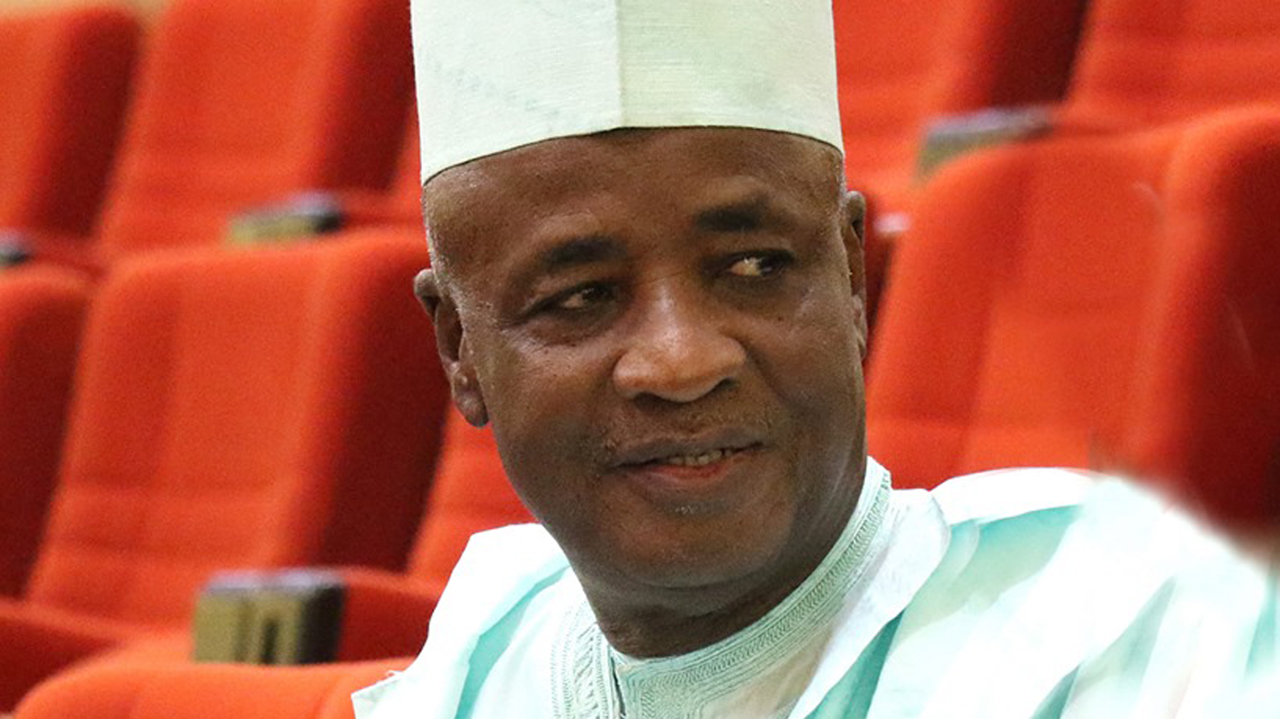 …Championing Clear Messaging and Impactful Positioning for African Startups
…Championing Clear Messaging and Impactful Positioning for African Startups
Olajumoke Adigun brings a refreshing perspective to product marketing in Africa, rooted in her deep understanding of the unique challenges faced by startups across the continent. Her career is built on a passion for helping businesses craft narratives that resonate, ensuring that their products not only stand out but also connect meaningfully with their audiences.
In her career, Olajumoke has learned that product marketing isn’t just about launching products; it’s about ensuring that the right audience connects with the right message at the right time. Effective positioning and messaging are the backbone of any successful startup, particularly in Africa’s rapidly growing tech ecosystems. For startups in Nigeria, Kenya, and beyond, getting positioning and messaging right isn’t just a strategic advantage—it’s a necessity for survival and sustainable growth.
Product positioning answers one critical question: *Why should your product matter to your audience?* In highly competitive ecosystems like those in Nigeria and Kenya, hundreds of startups are vying for attention and funding. Without clear positioning, even the most innovative products risk being lost in the noise.
A key pitfall many startups fall into is overemphasizing their technology or features. While those elements are important, customers ultimately care about how a product solves their specific problems. Take Nigeria’s **Flutterwave**, for example. When they first launched, their positioning wasn’t just about offering another payment gateway—it was about enabling businesses to connect seamlessly with the global economy. This clear value proposition resonated with businesses, helping Flutterwave become a unicorn valued at over $3 billion.
Similarly, Kenya’s M-Pesa revolutionized mobile money by positioning itself not around its technology but around the empowerment of individuals. By offering people the ability to send money, pay bills, and manage finances without a bank account, M-Pesa became a tool for financial inclusion, growing to serve over 50 million users across Africa. Its success wasn’t driven by features but by positioning that connected emotionally and practically with its audience.
Messaging is the natural extension of positioning—translating a product’s value into language that speaks directly to the target audience. For African startups, this often involves navigating a diverse set of cultures, languages, and needs. A message that resonates with young, tech-savvy entrepreneurs in Lagos may not connect with small and medium-sized enterprises (SMEs) in Nairobi.
One example of successful messaging is **uLesson**, a Nigerian edtech startup. Instead of simply promoting its video lessons and quizzes, uLesson crafted a message aimed at parents, emphasizing how the platform could help their children excel in a competitive academic environment. This resonated deeply with Nigerian families, leading to uLesson reaching over 2 million learners across Africa and securing $15 million in Series B funding in 2022.
Similarly, Kenya’s **Twiga Foods** positioned itself as a solution to inefficiencies in food supply chains, focusing on reducing food waste and creating a more equitable agricultural system. This clear messaging not only appealed to farmers and vendors but also aligned with the values of Twiga’s audience, helping the startup secure over $100 million in funding.
Startups often fall into the trap of trying to appeal to everyone. However, as Olajumoke emphasizes, trying to be everything to everyone results in diluted messaging that resonates with no one. **Paystack**, a Nigerian fintech startup, understood this early on. Rather than attempting to be a solution for all businesses, Paystack focused specifically on empowering SMEs to accept online payments with ease. This niche focus helped Paystack build a loyal customer base, eventually leading to its $200 million acquisition by Stripe in 2020.
Consistency is also key. Many startups shift their messaging too frequently in an attempt to stay relevant, but this often erodes trust. **Sendy**, a Kenyan logistics startup, maintained a consistent message around reliability and efficiency. By sticking to this promise across all channels, Sendy built customer trust and reinforced its value proposition at every touchpoint.
Startups must also ensure that their messaging isn’t confined to marketing materials—it must be reflected in every customer interaction. For example, Flutterwave’s messaging of “Simplifying Payments” is seamlessly integrated into its user-friendly platform design, ensuring that the user experience lives up to the promise made in its messaging.
The stakes are high for African startups. According to a 2023 report by Disrupt Africa, only 15% of startups survive beyond their fifth year. However, startups that invest in clear, customer-focused positioning and messaging are far more likely to succeed. Effective positioning is not just about standing out in a crowded market; it’s about creating a lasting impression that drives customer loyalty, advocacy, and growth.
At the heart of great positioning and messaging is storytelling—telling a story that resonates with your audience, builds trust, and inspires action. In Africa’s dynamic and competitive startup ecosystems, where opportunities are vast but competition is fierce, startups that master positioning and messaging will not only thrive but will reshape industries and create solutions that matter in the lives of millions.
For startups looking to make an impact, Olajumoke’s insight rings true: positioning and messaging are not just tools for sales—they are vital strategies for survival. Startups that invest in these areas will be well-equipped to carve their place in Africa’s growing tech landscape.






